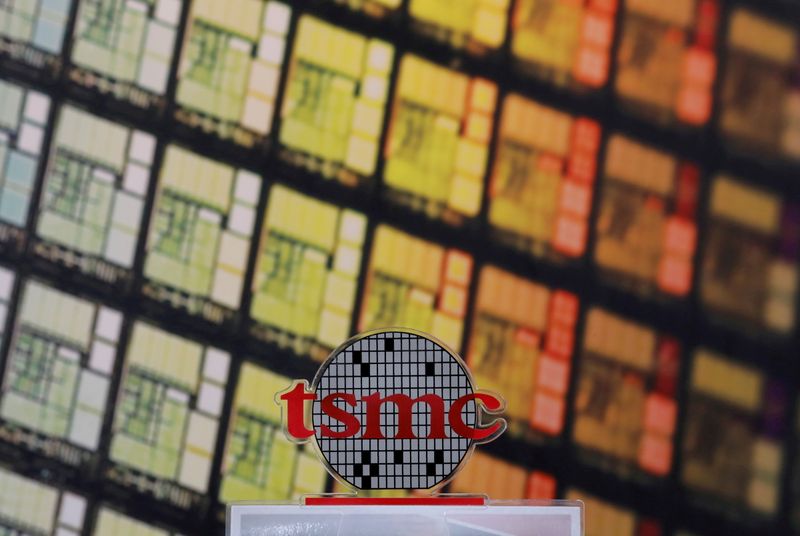TAIPEI (Reuters) – Taiwan will work with the European Union and other democracies to ensure a more “resilient supply” of crucial goods like semiconductors, President Tsai Ing-wen said on Monday, amid a chip shortage that has snarled the auto and other industries.
Tech-powerhouse Taiwan, home to companies like Taiwan Semiconductor Manufacturing Co Ltd (TSMC), the world’s largest contract chipmaker, has taken on an oversized role in resolving the problem, which has in some cases caused major car makers to shutter assembly lines.
Speaking to the Copenhagen Democracy Summit in a video message, Tsai noted a forum the government had held with the EU in March on supply-chain cooperation.
“Taiwan will continue to engage with the EU and other democratic partners to establish a more resilient supply of critical goods such as semiconductors and medical supplies,” she said.
“This kind of reciprocal and transparent cooperation is key to our mutual prosperity,” Tsai added, without giving details.
Taiwan and its companies have repeatedly promised to help resolve the chip problem, but Taiwanese firms have been reluctant to start production in the EU even as officials in the bloc press them to do so.
Tsai reiterated a call for Taiwan and the EU to restart talks for a stalled bilateral investment agreement, or BIA.
“A BIA would not just help secure our supply chains; it would protect our mutual geopolitical and economic interests, and send a message about the partnerships and values on which our interests depend.”
The bloc included Taiwan on its list of trade partners for a potential bilateral investment agreement in 2015, the year before Tsai won the presidency, but since then has not held talks with Taiwan on the issue.
EU member states and the EU itself have no formal diplomatic ties with Taiwan due to objections from China, which considers the island one of its provinces with no right to the trappings of statehood, so any investment deal could be tricky politically for the EU.
Taiwan has come under increasing pressure from Beijing to accept Chinese sovereignty, including stepped up military drills near the island.
(Reporting by Ben Blanchard; Editing by Hugh Lawson)






















